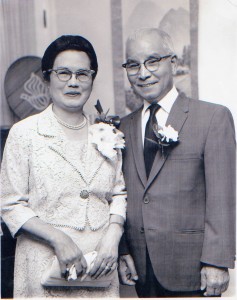
Reiko and Jiro Morita on their 50th wedding anniversary, c. 1968.
Here’s special insight into the need for documentation and preservation of Asian American history and stories….
Grandpa Morita used to brag to us grandkids over and over about how he had a parking space at Pasadena City Hall with his name on it. We heard it so much, our only understanding at the time was “Gee, Grandpa sure brags a lot!” We didn’t entertain any more thoughts about “why was he special enough to have his own parking space at City Hall—with his name on it?” It has been many years since Grandpa Morita has passed away. Our Grandpa Uyematsu always seemed to get more prominent mention because of his successful nursery business and his 1930s nickname of Camellia King. If anything, Grandpa Morita is a perfect example of how bragging can have its opposite effect. Instead of creating interest in your accomplishments, you actually create disbelief about your importance. Maybe its a Japanese American quirk that overplays modesty, but it is only now that I can fully appreciate why Grandpa Morita should be in the Pasadena Digital History collection at Pasadena City College (PCC).
At the urging of Susie Ling, Associate Professor of History and Asian American Studies at PCC, my sister Amy and I were invited to share photographs and memorabilia of our grandfathers, Jiro Morita and Francis Miyosaku Uyematsu, with the Pasadena Digital History project. My charge was to do Grandpa Morita.
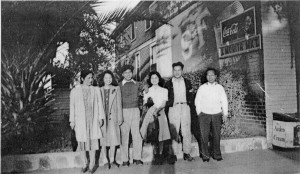
The Morita Family the day before leaving for Tulare Assembly Center, 1942. Standing in front of the J. Morita Market from left: Reiko, Helen, Richard, Elsie, William, and Jiro Morita. The market was located at 70 No. Pasadena Avenue.
I got some photographs from my mother Elsie (née Morita, Uyematsu) Osajima and my aunt Helen (née Morita) Matsunaga, and some Pasadena Star News articles about Grandpa. As I started to scan the materials for PCC, I read the articles and some letters and learned more than I ever knew about Grandpa Jiro Morita.
While this blog is not meant to give you a full biography of Grandpa Morita, one part of his life story that stands out was his sustained activity in Pasadena’s sister-city program with Mishima, Japan. This, I imagine, earned him his parking space at Pasadena City Hall. He volunteered his and Grandma Reiko’s time to assist the Sister-City Committee in hosting delegations from Mishima. He would find them housing from the local Japanese American Pasadenians—members of the Pasadena Buddhist Temple were especially generous in offering their homes to Mishima delegates. Grandpa Morita’s English was better than most Issei (first generation Japanese) so he knew he could help with the exchange between Mishima and Pasadena folks. He and Grandma Reiko did this for many years and at the 50th anniversary celebration of the Pasadena-Mishima Sister-City connection, I learned that Grandpa’s picture is on display at Mishima’s City Hall for his role in fostering friendship between the peoples of these two cities.
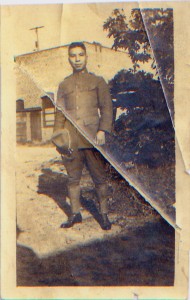
Jiro Morita pictured here in U.S. Army uniform. Jiro was a student at Throop College (now CalTech) before enlisting in the U.S. Army during World War I.
One might wonder why not put these historic records with UCLA’s Special Collections through our own Asian American Reading Room—or even the Japanese American National Museum? After Grandpa passed away, most of his important belongings, including his medal from the Emperor of Japan for his Sister-City work, were donated to the Japanese American National Museum. But I’m sure for a profusion of reasons, his memorabilia has either been misplaced, or is perhaps still sitting in a dusty box in storage. When asked what has happened to his medal or his picture in his World War I U.S. army uniform, they were only able to dig up his photo, which had been misidentified.
Many families are faced with these same questions of where to donate important historical belongings of their ancestors—and the answer is not an easy one. Wherever you donate them, it helps if you have personal connections to the archivists/librarians so you can follow-up on what is being done with your family’s collection. Especially important is whether there is someone on staff that appreciates the historical significance of your donation. With budget cuts hitting everybody, the processing of a multitude of collectibles can be overwhelming—perhaps to the point where many things will never see the light of day unless some indefatigable researcher surreptitiously gains access to things not yet catalogued.
I will post Grandpa’s World War I photograph in the Pasadena Digital History Collection because he was one of few Japanese Americans to serve this country at that time. As a veteran of World War I, he gained U.S. citizenship, which he proudly displayed in the “mom-and-pop” grocery market that he and Grandma ran before World War II. He used his proficiency in English to help many local Issei in their dealings with a sometimes hostile environment, especially in the aftermath of Pearl Harbor.
Another reason to share this online is to document a monument that was built in honor of Mishima and Grandpa. A concrete block standing about 4 feet high behind the Pasadena Civic Auditorium had the Sister City plaques on it, as well as “Jiro Morita/Pasadena-Mishima/1892-1975.” The monument has since been removed due to a remodel, and awaits to be reinstated. It is scheduled for reinstallation in October of this year.
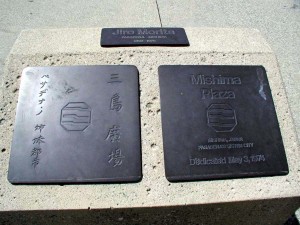
Pasadena-Mishima Sister City Monument situated behind the Pasadena Civic Auditorium until it was remodeled.
To bring this back home, Elsie, my mother, is the oldest of two Morita daughters, third child after brothers Bill and Dick. She was the first full-time staff of the UCLA Asian American Studies Center (founded in 1969). She retired from there in 1990. She was interviewed by Susie (a former co-worker of Elsie at AASC) to talk about the pictures that were being entered into the Pasadena Digital History Collection. Having just turned 87-years-old in July, it was amazing how Elsie was able to name off her classmates from elementary school. Susie and I were impressed. Much appreciation to Susie Ling, Linda J. Stewart (PCC Librarian), and Leonard Butingan (Susie’s student assistant) for their time and effort in including the Morita family into Pasadena’s history, which will hopefully be online in the not too distant future.
Local collections like the Pasadena Digital History Collection at PCC are just one of many ways to promote Asian American experiences into the broader mainstream of American history. And I know Grandpa Morita would like being in the American mainstream collection, always the proud American that he was.
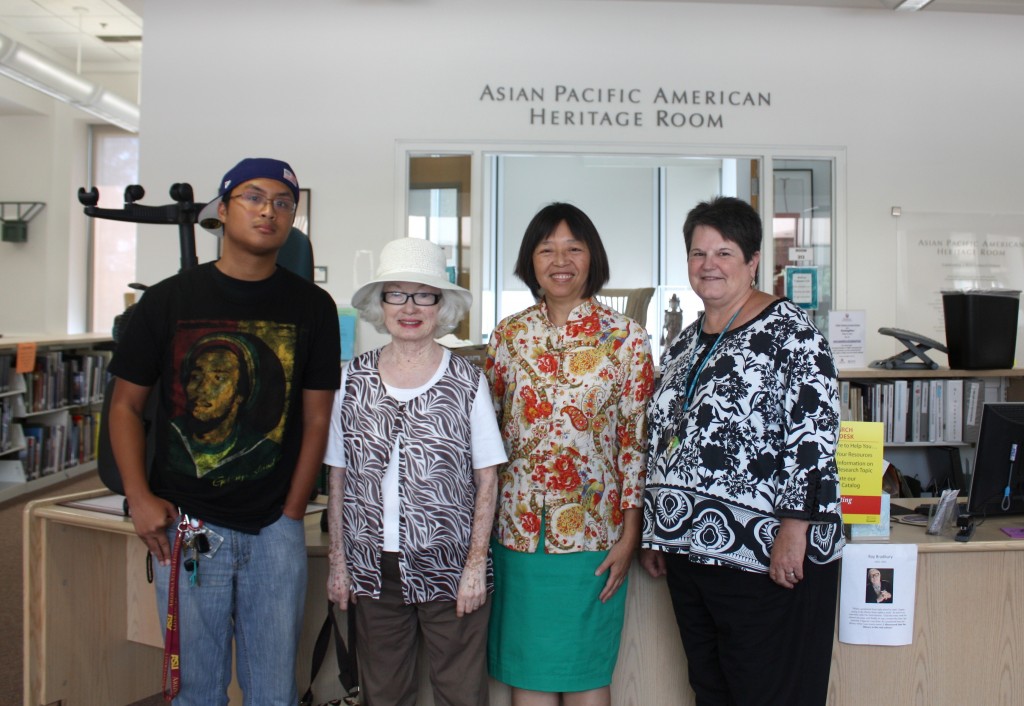
Pasadena City College’s Shatford Library is home of the Pasadena Digital History Collection. Standing in front of the library’s Asian Pacific American Heritage Room are: Leonard Butingan, Elsie Osajima, Susie Ling, and Linda J. Stewart (August 9, 2012).

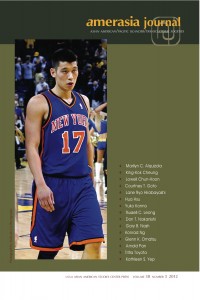
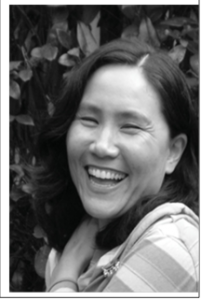
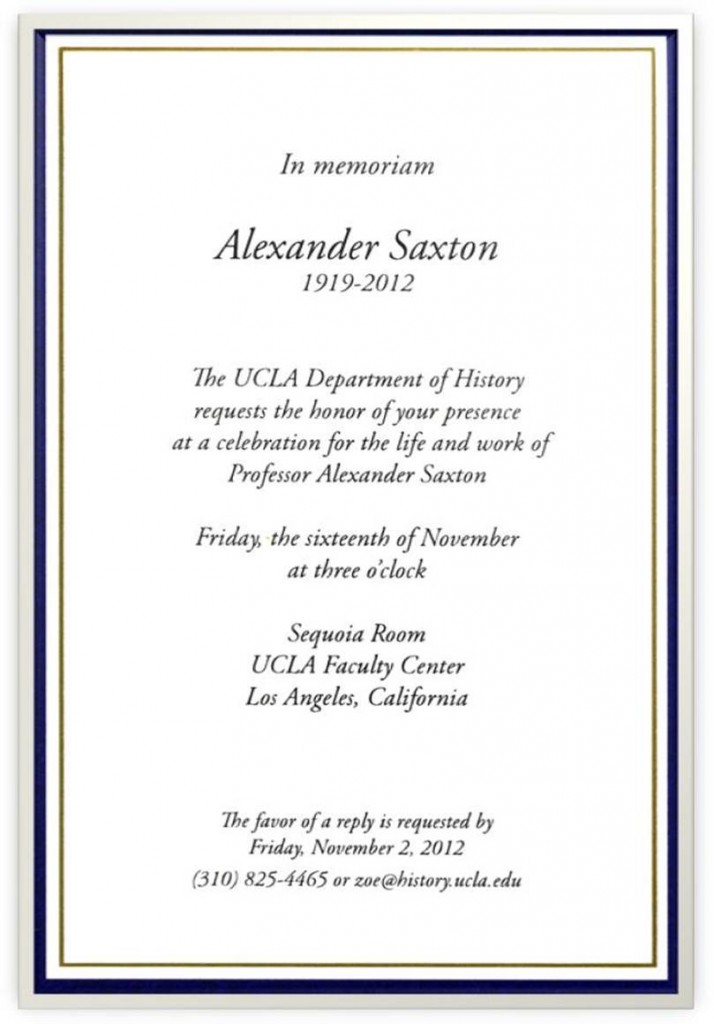
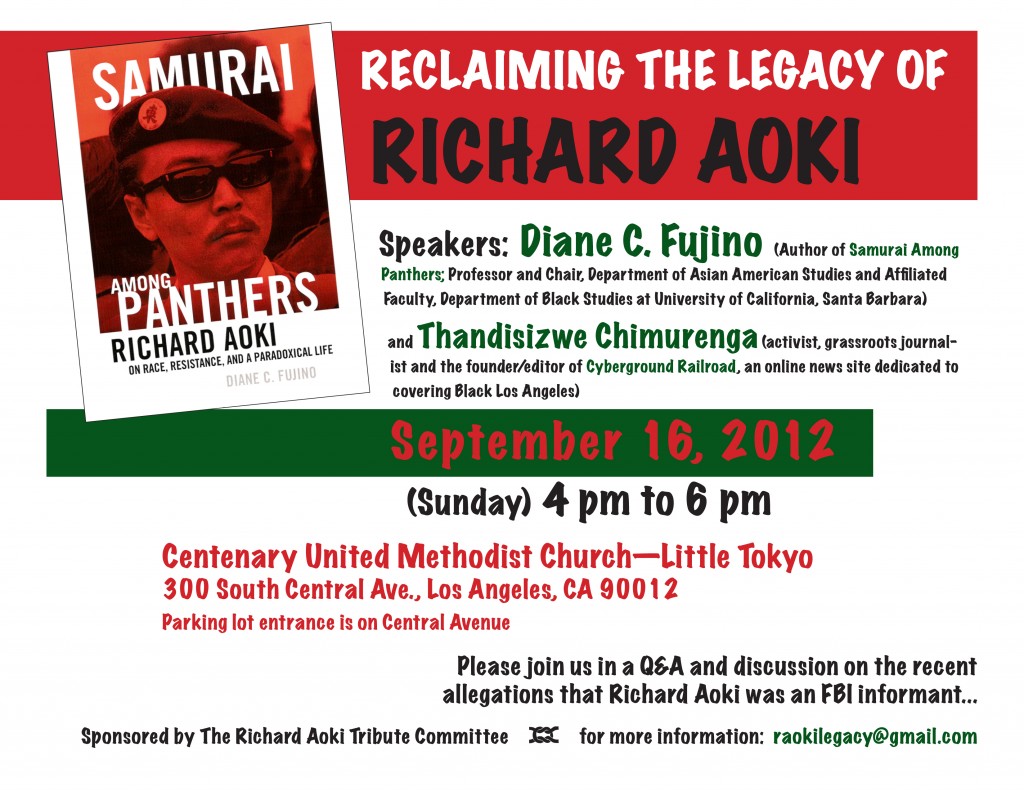





 Amerasia on Facebook!
Amerasia on Facebook!